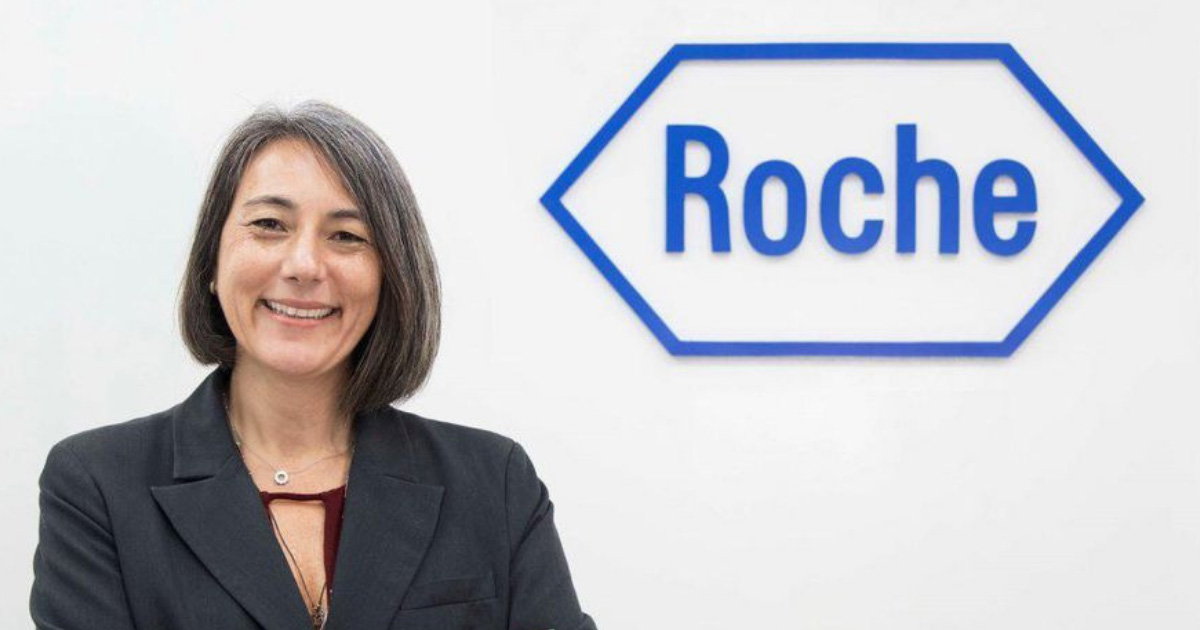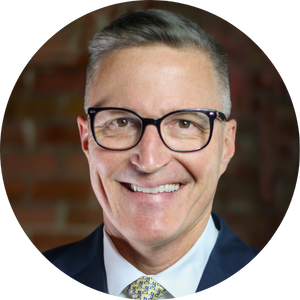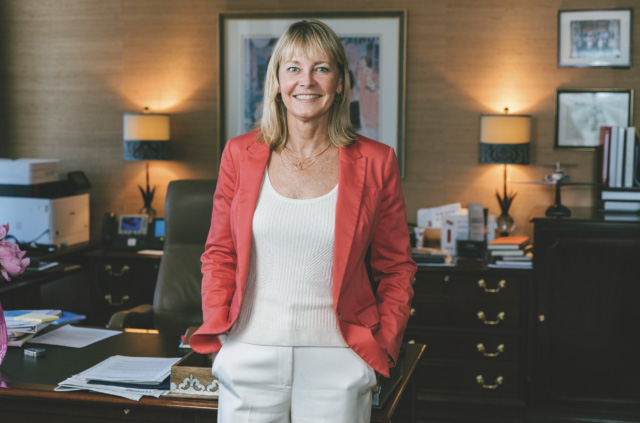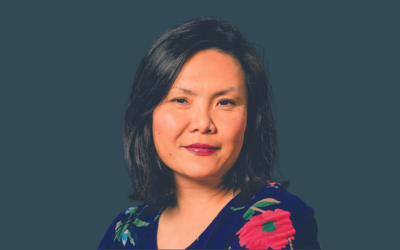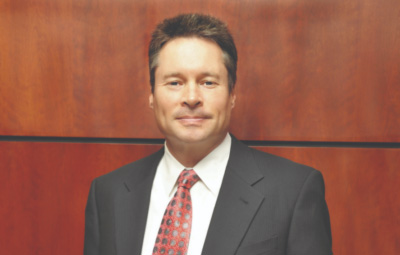This healthcare executive is setting an example for organizations everywhere.
The C-suite is multiplying. In decades past, organizations had a CEO and CFO. Today, COO, CMO and CDO are all important roles. The scope of business responsibilities is widening, and so is the executive function. Some even call for a CWO — chief well-being officer. Is it time too for a chief purpose officer?
My recent encounter with the Great Mind that is Lara Yumi Tsuji Bezerra suggests it is. Bezerra became chief purpose officer at Roche India 18 months ago, having been its managing director. Before I met her, I hadn’t heard of anyone who had held the title.
Why was Roche’s innovative appointment necessary? The company’s Indian arm is operating in a fundamentally troubled paradigm: there are 1.3 billion Indian nationals, of whom only a tiny fraction are able to access cancer treatment. “The gap between the opportunity to have a real impact on patients and our capability to do so was enormous,” Bezerra told me. Roche India’s challenge was to create a burgeoning sense of purpose amid this restricted reality. “I asked the organization, ‘What is the first thing you’d like me to do?’” They were clear: “Create a new shared aspiration.”
Roche’s well-formulated global purpose — doing now what patients need next — was powerful, but Bezerra recognized that it was too removed from India’s unique challenges.
First, she recognized that to have impact on 1.3 billion patients, ‘doing now what patients need next’ could not just be about some patients, but all of them. Second, it could not only be about medicines, but the whole health context. Roche India’s contemporary purpose was born: ‘We inspire people to transform healthcare in India and care for every patient’s life through sustainable, innovative solutions.’ It is framed by the corporate purpose, but unique to India.
I challenged Bezerra about this second element. She told me that she wanted Roche India to become the ‘Uber of healthcare’, bringing together all the players in the healthcare ecosystem to convene a holistic network for all Indians. Surely, by harnessing other companies, this would cut into Roche’s potential profits? “The purpose states that we enhance access to healthcare and our products. Otherwise, it would be inauthentic,” she said. “If I want to increase the market, we must also increase the pie’s size.”
Bezerra’s role as chief purpose officer has been transformative. Prior to her appointment, Roche India was troubled. “We were very command-and-control,” Swati Yadav, director of people & culture at Roche India admitted. “The result was a reactive, risk-averse organization, with no intrinsic motivation.”
With the newfound clarity of purpose, self-organized teams reshaped the company’s rewards framework. Traditional pharmaceutical sales metrics were replaced with self-selected ‘patient-impact’ targets. Meantime, Bezerra connected everything to individual purpose. “We asked how can we as a leadership team be a collective that is driven by higher service.”
Two factors of Roche’s CPO strategy stand out. First, Roche India’s honed purpose speaks to a human-first, holistic approach. Second, Bezerra is CPO at the very top of the company. She is not a concession by HR to tick a box.
It is crucial that companies that want to follow Roche’s lead do so wholly by granting the CPO power and scope to lead and change from the heart of the business. Like Bezerra, the CPO could be the key Great Mind in your organization: as long as you allow her to be so.
— Michael Chavez is global managing director of Duke Corporate Education. An adapted version of this article appeared on the Dialogue Review website and on Forbes.com.
